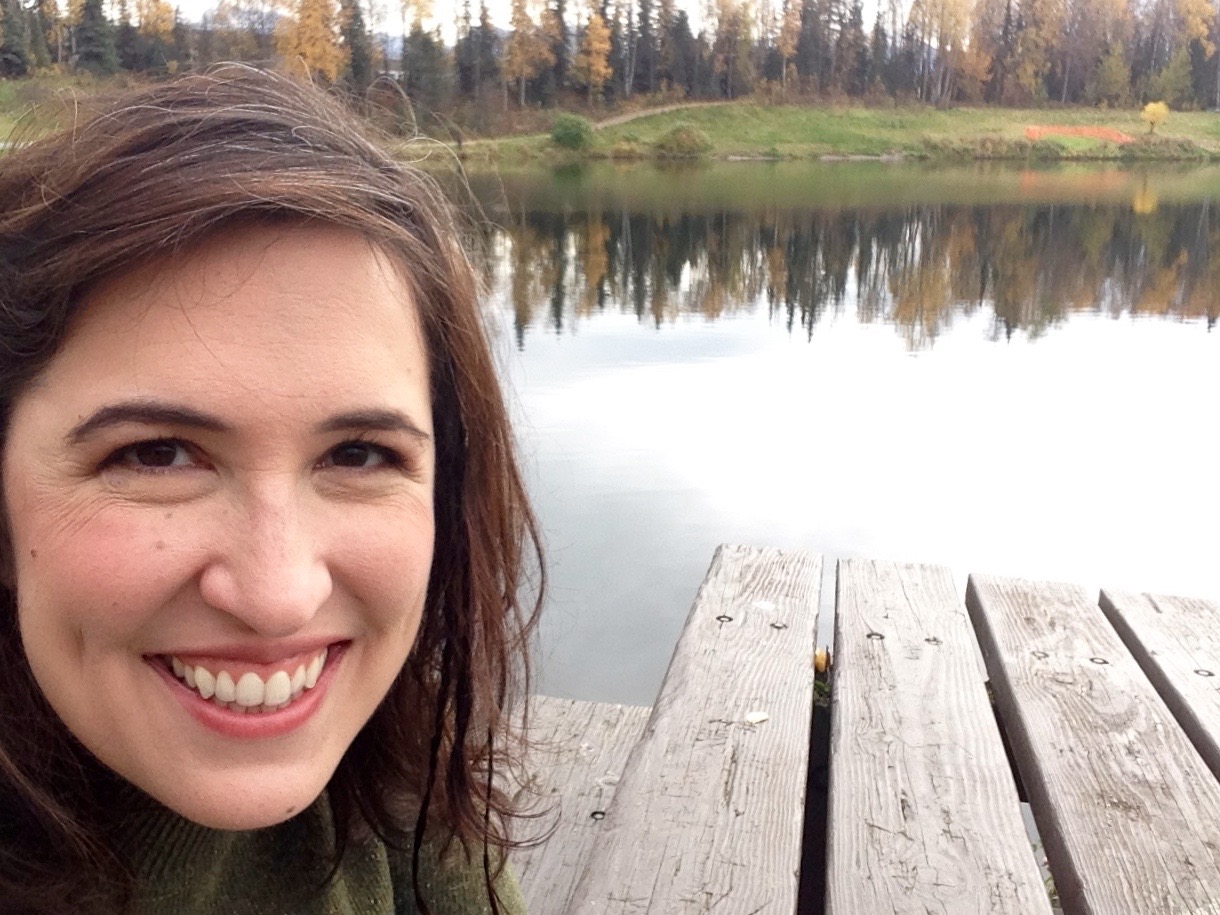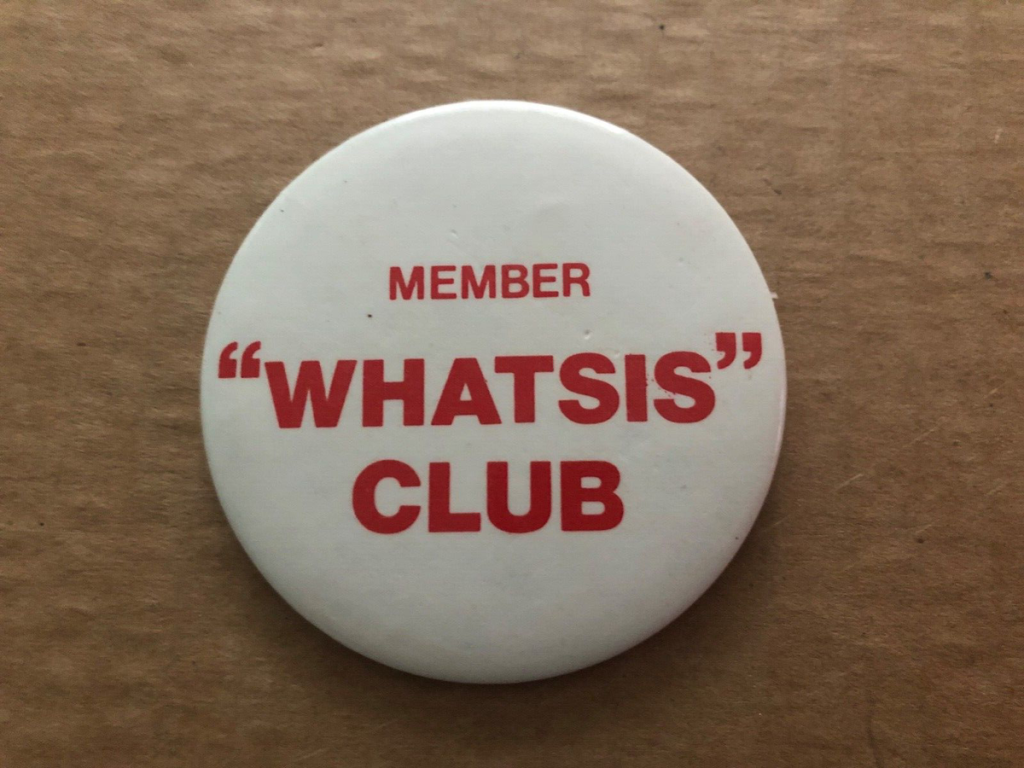It’s like cancer. Like a heart attack. Like death. Old age—it’s something that happens to other people. And it’s not pretty.
That’s how some of us think of it, anyway, if we think of it at all.
“Most people in their 40s and 50s have a strong fear of aging and mostly imagine a bleak time of life,” says Marc E. Agronin, MD, a geriatric psychiatrist and author of How We Age: A Doctor’s Journey into the Heart of Growing Old (2011).
But once they reach older age, many find it to be anything but bleak, and that can come as a surprise. People are thriving and learning well beyond the age their parents died or started declining. Celebrities like Betty White give a public face to this trend, but mothers, fathers and next-door neighbors are paving the way more personally in small towns and big cities across the country.
Instead of preparing for a quiet slope to death, perhaps we should be preparing for a vibrant life. “In my work as a geriatric psychiatrist I have learned that aging equals vitality, wisdom, creativity, spirit, and, ultimately, hope,” Agronin writes in the introduction to his book (emphasis, his).
We found four people in their 70s and 80s who are living active, fulfilled lives and asked them to tell us how they got there. We found that comfortable finances and good health are important to them. But it’s what they’re doing with what they have that really makes the difference.
Doris VonFange, 86
Volunteer
In 1965, in the little town of Lincoln, KS, then 40-year-old Doris VonFange had a husband she loved, a wonderful daughter and a good job doing secretarial work and accounting. But something was bothering her.
“When I was 40, that was my hardest time,” she says. “I felt, what have I done with my life half over with?” Mostly, she worried she hadn’t given back enough—hadn’t helped others enough.
But this midlife crisis didn’t last long, she says. She had a good life, after all. “I felt blessed.” And that was enough.
Until 1999, when the thing so many of us dread happened: her husband passed away, leaving her alone in that house they had lived in all their married life. “I could not stay home,” she says. It was too lonely.
So VonFange threw herself into volunteering. “I volunteered as much as I could and everywhere I could,” she says.
Our later years can be a time for each of us to define what older age means to us—and what kind of elder we want to be.
Through the years, she has judged high school forensics competitions, helped the local arts center, acted as secretary and treasurer for her church, joined the library board and served as president of the local Council on Aging.
For VonFange, older life seems to be fulfilling what younger life didn’t leave time and energy for. She enjoys other activities that stave off loneliness too. She loves going to concerts—bluegrass, gospel, Bach. And she travels. She has taken trips with her niece to various states and has been to Canada twice, “once by train, once by tour bus.”
When asked what advice she would give people in their 40s and 50s, VonFange doesn’t say save your money, as she did at that age. She doesn’t tell you to live near family, an aspect of life that’s very important to her now. She doesn’t even preach exercise, though she walks regularly. Instead, what comes to mind for her is a different type of advice: be a good parent, spend time with your children, get involved with your community, love your neighbor as yourself.
Those are all nice things, to be sure, but one can’t help but wonder why they’re so important in preparing for your 80s. VonFange has a ready answer. “It brings contentment and a peace,” she says. “I’m very content here. I’m very pleased God put me in this life.”
Jack Biddle, 76
Jack of All Trades
Jack Biddle has been a ski instructor, massage therapist and horse caretaker (“manure mover,” as he calls it) since he retired at age 55.
After 31 years in information technology, “I really kind of liked the idea of retiring,” Biddle says. So in 1991, when his company tried to move him to a position he didn’t want, he moved, all right—right out of his career.
But Biddle’s idea of retiring wasn’t exactly traditional. “I went from a five-day-a-week job, which I left on Friday, to a six-day-a-week job that I started on Saturday,” he says. His new gig was ski instructor. When that job ended, he cared for horses.
Sounds like a free spirit. Live for today and all that. Of course, Biddle doesn’t have to worry about finances because he was practical in younger years, saving money from a well-paying job. But there’s another reason he’s chosen such a carefree life. Cancer.
In 1992, at age 56—the year after he retired—Biddle was diagnosed with nonaggressive non-Hodgkin’s lymphoma, a lymph cancer. So he decided to cut back on stress. Tossing hay bales didn’t cause anxiety. And giving massages (he became a massage therapist in 1998) was as calming for him as it was for his clients.
The cancer remained nonaggressive for 16 years. But in 2008, despite his efforts to avoid stress, it turned aggressive—a diagnosis he got three months after he broke his hip in a bicycling accident.
Now begins the real old age, right? Broken hip, cancer, downward spiral. A year after diagnosis, though his cancer had gone into remission, Biddle decided not to go back to work. He was truly retired.
But retirement is relative. These days, Biddle spends his time taking Spanish lessons and singing in the Boulder (CO) Chorale. Plus, there’s bicycling, yoga and lifting weights.
“There was a time when I thought 60 was incredibly old, and nobody could expect to be in particularly good physical condition,” Biddle says. Sure, he may not be as strong as he once was. But that happens when you’ve been around long enough. It’s not necessarily an age issue, he says. You just “get beat up a bit.” Big deal.
Diane and Jim Peiker, 75 and 76
Business Owners
When you visit the Castle Marne bed and breakfast in Denver, CO, you might notice a 76-year-old man working in the yard. “I’m the gardener,” he’ll tell you.
Inside this historic mansion, a 75-year-old woman walks by with a tray in her hands. Does she work here too? “Yes,” she’ll respond. “I’m the queen.”
This gardener and his queen are the owners of this establishment. Jim and Diane Peiker bought the Castle Marne in 1988, when they were in their 50s. Their daughter and son-in-law work there too, and now one grandson is on the payroll.
In 1987, bad economic times put Jim and his daughter, Melissa, out of work. They had always thought of trying a family business. Why not now? “Nothing clicked until someone said, ‘What about a bed and breakfast?’” Jim says. That was it. They found a place and renovated it, and the family works together there to this day.
“People ask us, ‘What are you going to do when you retire?’” Diane Peiker says. “And we always say, ‘We are retired.’ This is a wonderful life that we have been lucky to find.”
Of course, Jim says, they’ve worked hard for it. They still work seven days a week, 18 hours a day. “We didn’t open a bottle and there it was.” But at the same time, all of this really wasn’t supposed to happen. In fact, they weren’t even supposed to be alive right now.
It never occurred to them that old age would come someday, Diane says. Both of their mothers died in their 50s. Living beyond that almost came as a surprise. “When we passed that time, we just figured, wow, this is fun!”
And they have made the most of these bonus years—for themselves and their community. They helped transform the not-so-nice neighborhood their new business was in and have been honored by the city government and other organizations. “We are living lives that are far more involved than we ever did before,” Jim says. “When I get up in the morning, I’m facing a wonderful day with wonderful experiences and interesting people to meet.”
Across the nation, people like the Peikers, Biddle and VonFange are working out all kinds of lives for themselves, paving the way for each of us to define what older age means to us—and what kind of elder we want to be.

Leigh Ann Hubbard is a professional freelance journalist who specializes in health, aging, the American South and Alaska. Prior to her full-time freelance career, Leigh Ann worked at CNN and served as managing editor for a national health magazine. A proud aunt, Leigh Ann splits her time between Mississippi and Alaska.



